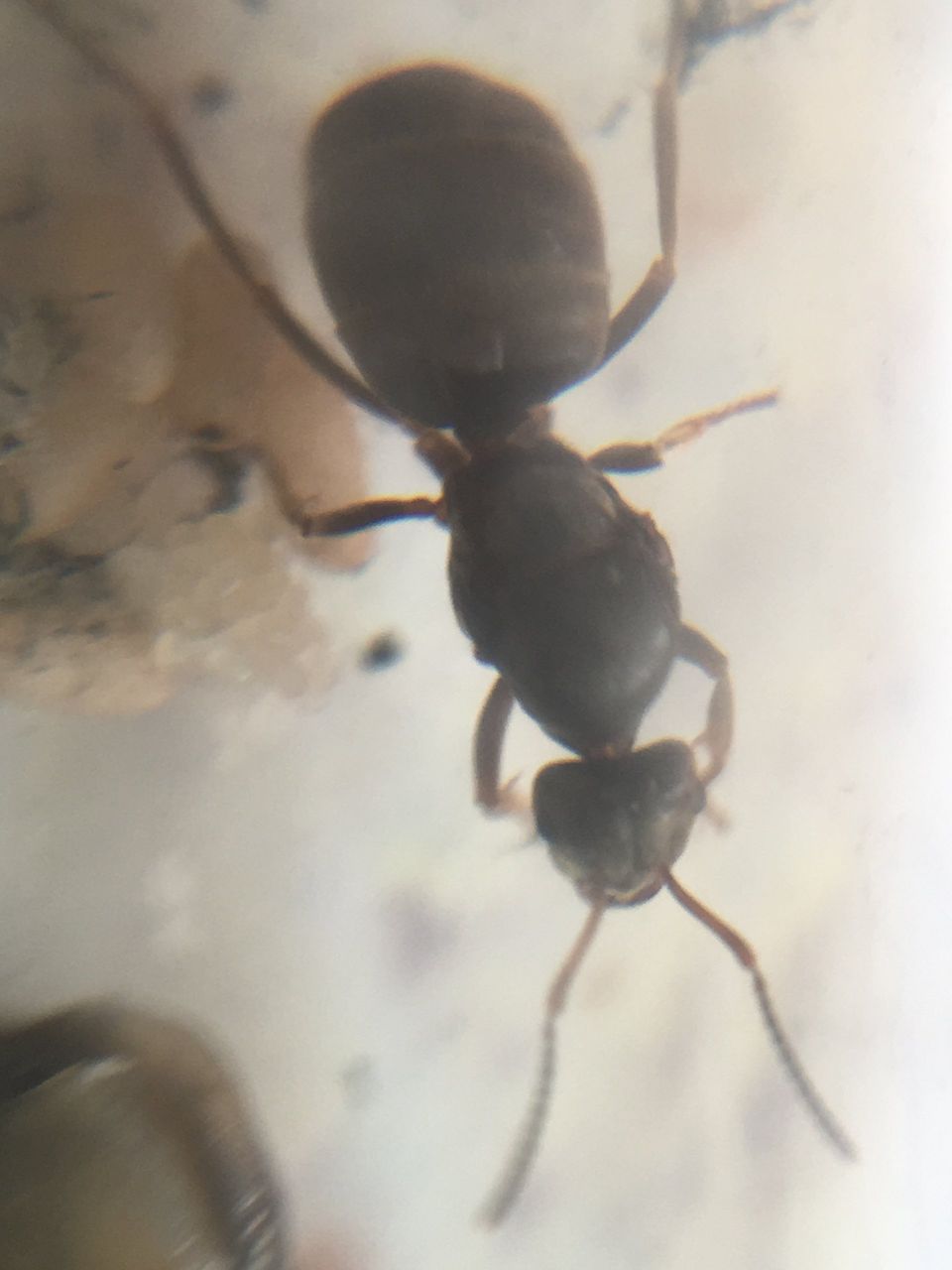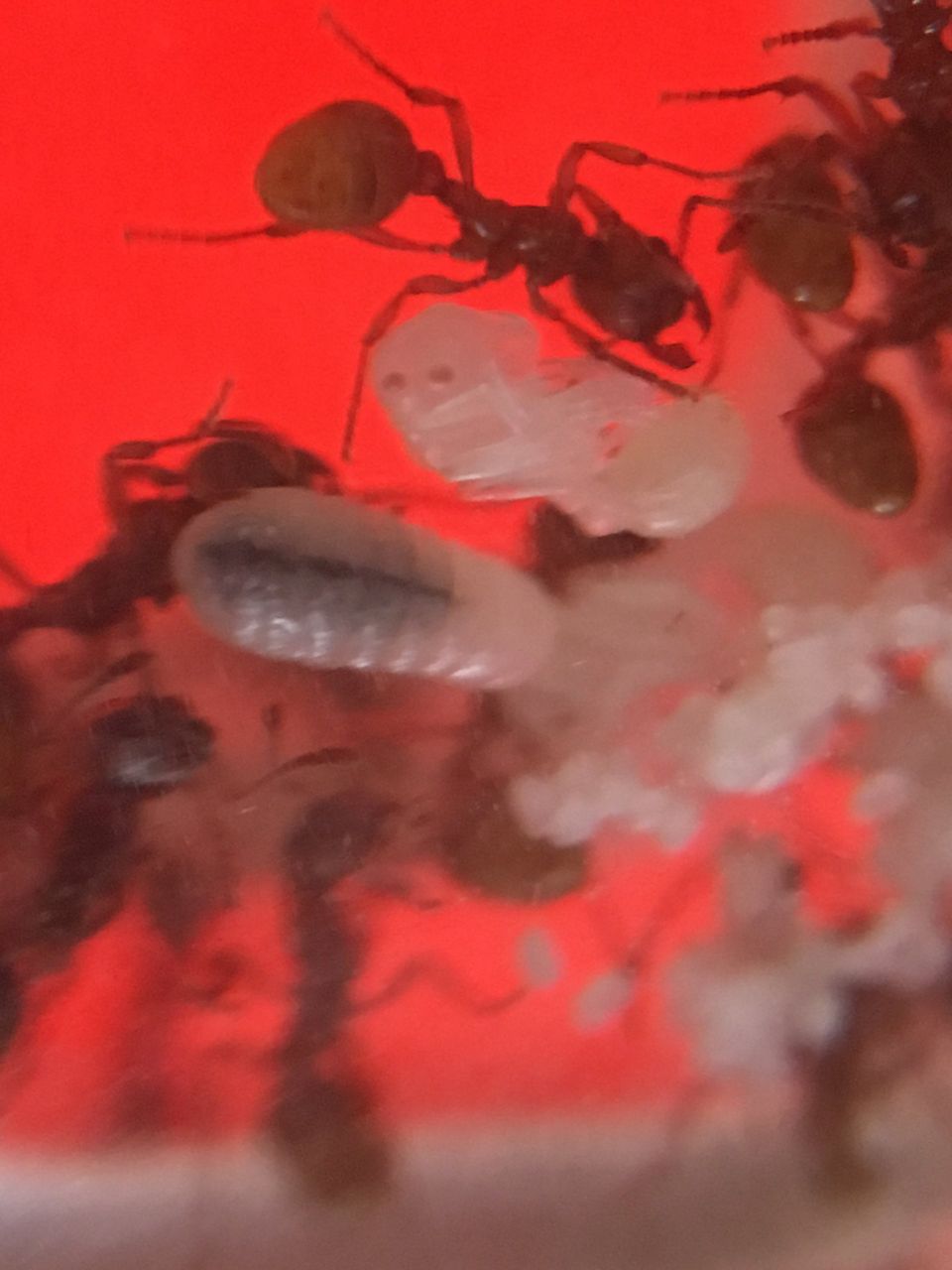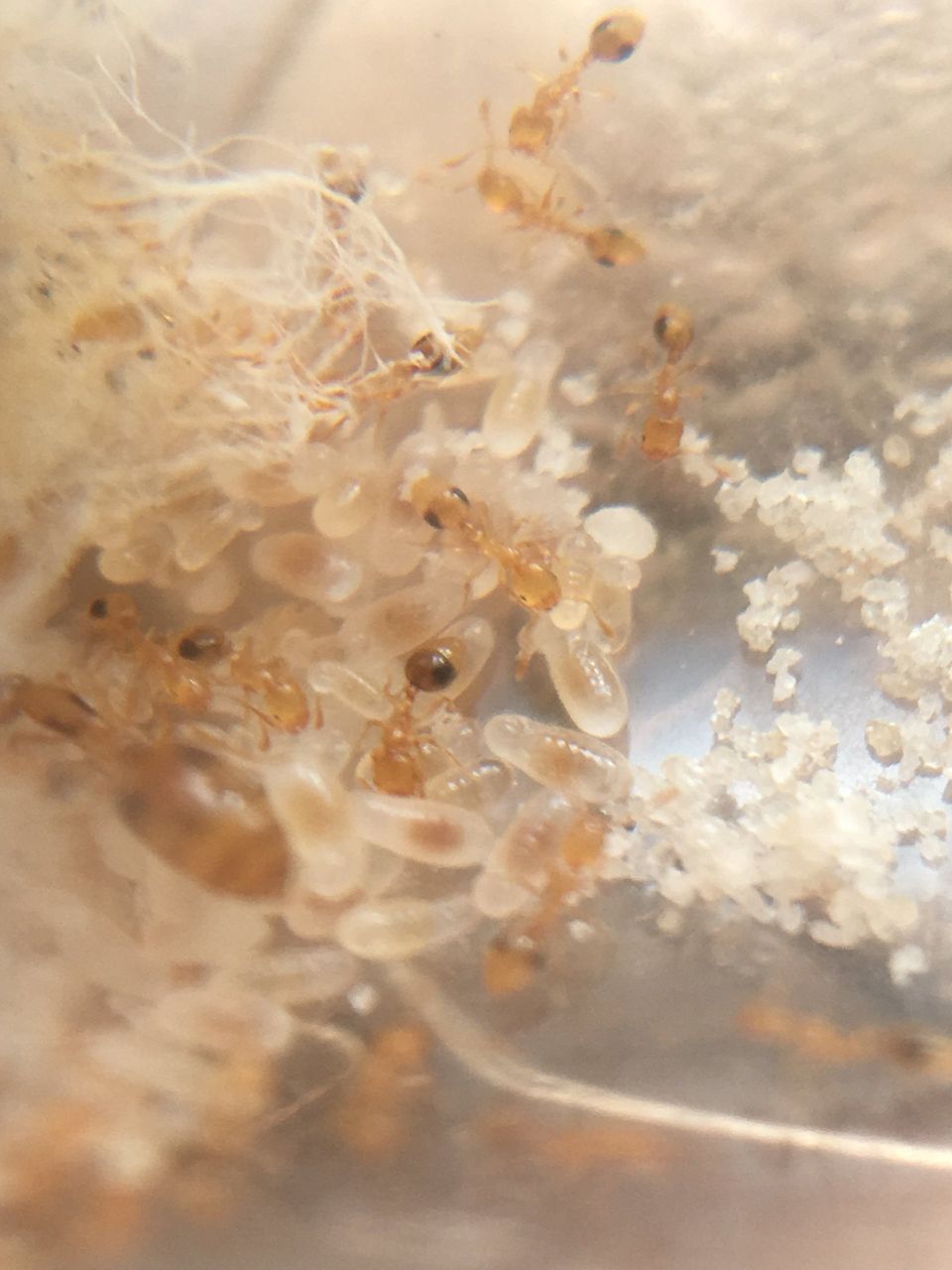ANTS & YOUR HOME
ANT INVASION
Today’s blog as the title suggests is aimed at ants. With spring just around the corner, I thought it was the perfect time to write this.
So as we are coming into March the most common pest ant, lasius niger or as it’s more commonly known the black garden ant is starting to stir from its overwinter slumber.
The workers will start to emerge from their underground home to forage for food, this will become more and more apparent as the weather gets warmer. Some of these foraging workers may find their way into your home in search of tiny food particles that may not be easily visible, this could be a couple grains of spilt sugar or even a sweet that fell on the floor out of view.
If a worker ant finds something of interest he will go back to the nest whilst laying a chemical trail. He does this so when he tells the other workers they can easily follow this trail back to the area of interest, the activity will become higher and higher as more workers follow this trail making the trail stronger.
A lot of the time these ants are associated with the kitchen area due to the food availability but isn’t always the case. So in some cases, control can be as simple as rethinking housekeeping, if the number of invaders is large then a professional product may be the only way of controlling them.
Along with the garden ant, there are other pest ant species to be aware of, these are pharaoh ants, Argentine ants and ghost ants. These three species are all non-native, invasive species that are taking up residence in the U.K.
unlike the garden ant, these ants are generally associated with living inside rather than out. They make their nests in voids, for example, false walls and crevices.
These ants can cause much more serious issues, their colonies can contain multiple queens to a single nest and thousands of workers if disturbed in any way these queens split up into multiple nests. They are also linked to carrying pathogens like salmonella due to their feeding habits. They are smaller than the garden ant, in fact only a couple mm in length. These types of ants will certainly need a professional technician who can not only get rid of the issue but also understands has a great understanding of how these ants work.
Thankfully here at shire pest solutions, we have a lot more knowledge of these ants than most, both how they live, how they think and how to control them. This is down to the fact that one of our technicians mike, along with one of his sons keep ants as pets (yes you read that correct) in-fact he keeps some of the species mentioned above in specially designed ant nests/formicariums.
He does this to observe the differing behaviours and habits of different ant species. As an added bonus this also helps in teaching his son some valuable knowledge in both caring for an animal and to add to his knowledge of these fascinating creatures as a hopeful 3rd generation pest technician.
I hope you have found this somewhat helpful and remember if you have the pest we have the solution.
All Rights Reserved Shire Pest Solutions



